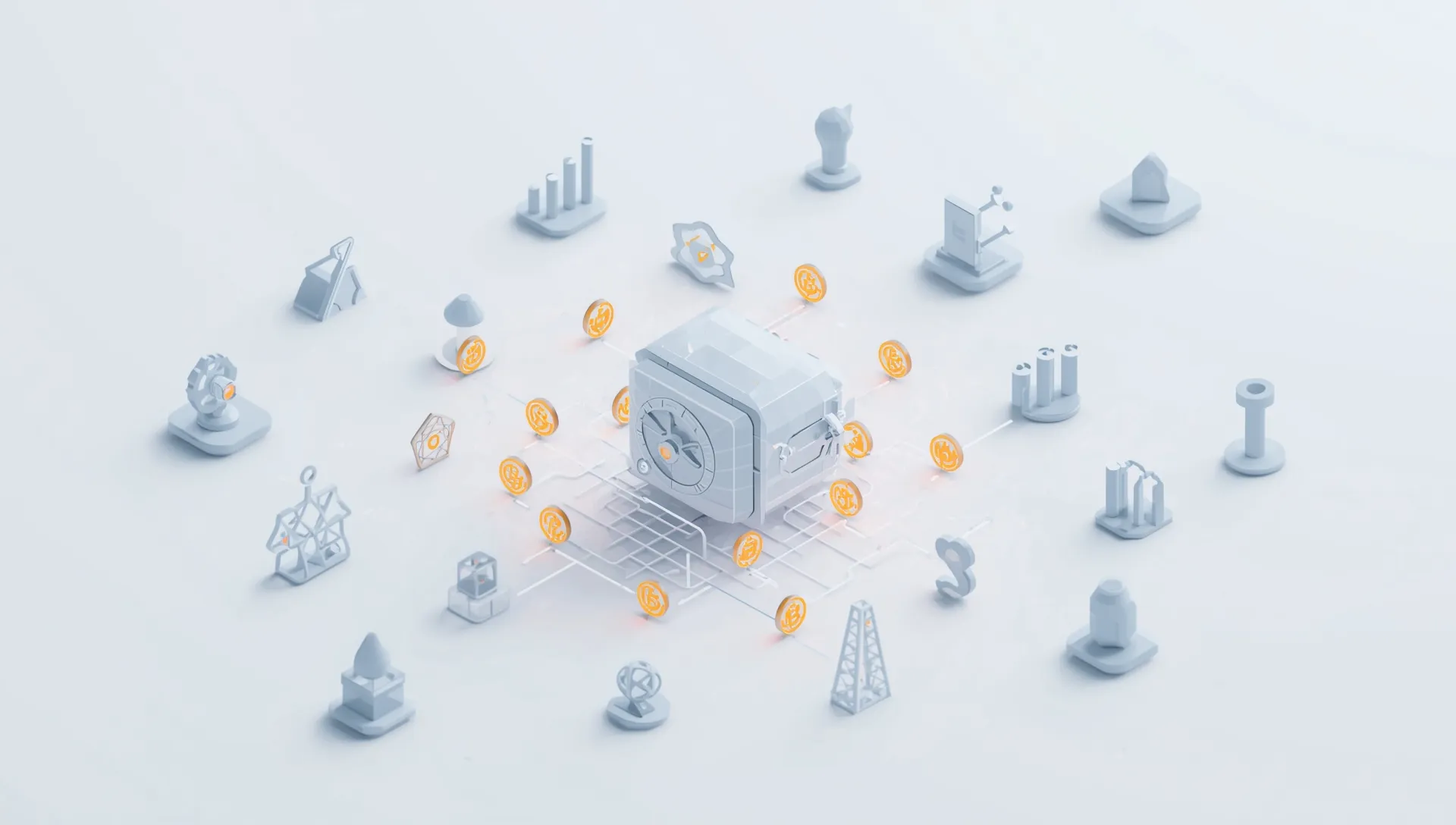
The way we fund science is changing. Traditional models – controlled by government agencies, corporate grantmakers, and venture capital – have long imposed barriers to innovation. Research priorities are often dictated by centralized gatekeepers, with long delays, high costs, and little transparency.
AxonDAO introduces a different path: decentralized funding powered by blockchain, smart contracts, and data ownership. Instead of science being shaped from the top down, it’s driven by the people – patients, researchers, and communities – who contribute, vote, and benefit from the discoveries they help create.
Decentralized funding refers to community-powered capital allocation. Rather than relying on traditional funding committees or institutional hierarchies, decisions are made through tokenized governance. In AxonDAO’s model, $AXGT holders propose and vote on how treasury funds are used – whether for scientific grants, dataset access, or development of new tools in the CureOS ecosystem.
This shifts power from institutions to communities. It removes friction, lowers costs, and puts decision-making in the hands of those most impacted – patients, contributors, and researchers. Through blockchain-based infrastructure, all actions are transparent, traceable, and verifiable.
Decentralized funding within AxonDAO goes beyond capital. It’s integrated with a modular research stack: biometric data from CureRING, insights from CureOS, compute access, and real-time participant incentives. The result is not just a better way to fund science – but a better system to do science.
AxonDAO operates as a community-governed protocol. Proposals can come from researchers, AI labs, BioDAOs, or even individuals. These proposals are submitted via the DAO’s governance platform, where $AXGT token holders review and vote.
Funding decisions are encoded in smart contracts and executed automatically. Milestone-based disbursements ensure accountability. Grant recipients may receive access to datasets through CureOS, compute power, or direct $AXGT disbursements, depending on proposal design.
Crucially, these decisions are not siloed. They’re backed by community debate, expert working groups, and on-chain transparency. Contributors – especially those who have shared data or participated in studies – can have a direct say in what kind of science their data powers.
As part of the DeSci movement, AxonDAO is redefining how biomedical research is conceived, funded, and executed.
Rather than simply creating a DAO to distribute grants, AxonDAO combines funding with data and infrastructure. It enables researchers to access consented biometric data from CureRING, use analytical tools through CureOS, and receive real-time support through DAO-approved proposals.
This has already enabled projects like A+Voice, which uses voice biomarkers for early neurological screening, and PSYLOSYS, a tool mapping psychedelic speech changes for mental health research. These initiatives would face long timelines and uncertain funding under conventional models. With AxonDAO, they move faster – with active community oversight and shared upside for contributors.
Accessibility: Anyone with data, insight, or a good idea can participate – regardless of institutional affiliation or geography. Funding is driven by merit and community interest, not bureaucracy.
Speed: Traditional grants can take months. With AxonDAO, proposals can be submitted, voted on, and executed in a fraction of that time. This matters in fast-moving fields like AI, diagnostics, or biofeedback.
Transparency: All voting, fund flows, and research outcomes are recorded on-chain. This builds trust in the process and makes it easier to replicate what works.
Alignment: Participants benefit directly. Users who contribute biometric data receive $AXGT. Researchers who win funding align with community priorities. Token holders see value accrue in the ecosystem they help shape.
Efficiency: Without middlemen or institutional overhead, more funds go directly to science. Smart contracts handle allocation, release, and reporting – reducing costs and delays.
Regulation: As with all crypto-enabled systems, regulatory clarity remains an evolving concern. AxonDAO’s background in clinical data and telehealth provides a compliance-aware foundation, but policy frameworks are still emerging.
Education and Onboarding: Not every researcher is crypto-native. That’s why AxonDAO invests in UX, documentation, and partner integrations to make participation as seamless as possible.
Due Diligence: Quality control in decentralized systems requires thoughtful governance. AxonDAO incorporates community working groups and ethical review mechanisms to vet proposals and ensure scientific rigor.
Token Volatility: Funding in $AXGT offers benefits – alignment, governance, upside—but must be managed carefully. AxonDAO explores hybrid models to balance crypto-native incentives with fiat stability when needed.
Decentralized funding is evolving from experiment to infrastructure. AxonDAO is positioned to lead this next phase by offering not just capital – but the full research stack.
As the platform grows, we expect integrations with other DeSci tools, BioDAOs, and AI labs. More advanced governance models, including reputation-based voting and expert panels, will enhance proposal evaluation. Cross-DAO collaborations will allow longevity groups, climate researchers, and brain health communities to plug into AxonDAO’s datasets and compute infrastructure—accelerating discovery across domains.
Hybrid models may also emerge. Universities or institutions could co-fund AxonDAO projects, allowing traditional and decentralized ecosystems to reinforce each other.
For Researchers: Submit proposals to access data, compute, or direct funding. Participate in the governance process. Build on CureOS or contribute insights to CureRING datasets.
For Individuals: Own your health data with CureRING and CureOS. Choose when and how to share it. Earn $AXGT for participation and help fund research that matters to you.
For Contributors and Supporters: Stake $AXGT to vote, fund studies, and gain early access to tools and insights. Participate in AxonDAO governance and shape the future of open science.
AxonDAO is more than a funding protocol – it’s a living infrastructure for decentralized, ethical, and participatory science. By combining consent-based data sharing, AI-powered research tools, and tokenized governance, it enables a future where health innovation is driven not by institutions—but by individuals and communities.
This model offers faster timelines, broader inclusion, deeper trust, and a shareable upside. As decentralized funding moves from niche to norm, AxonDAO is laying the foundation for a research economy that’s open by default, transparent by design, and driven by those it’s meant to serve.
The future of scientific discovery won’t be locked behind paywalls or dictated by centralized institutions. With AxonDAO, it’s open, inclusive, and co-created – one block, one dataset, one vote at a time.